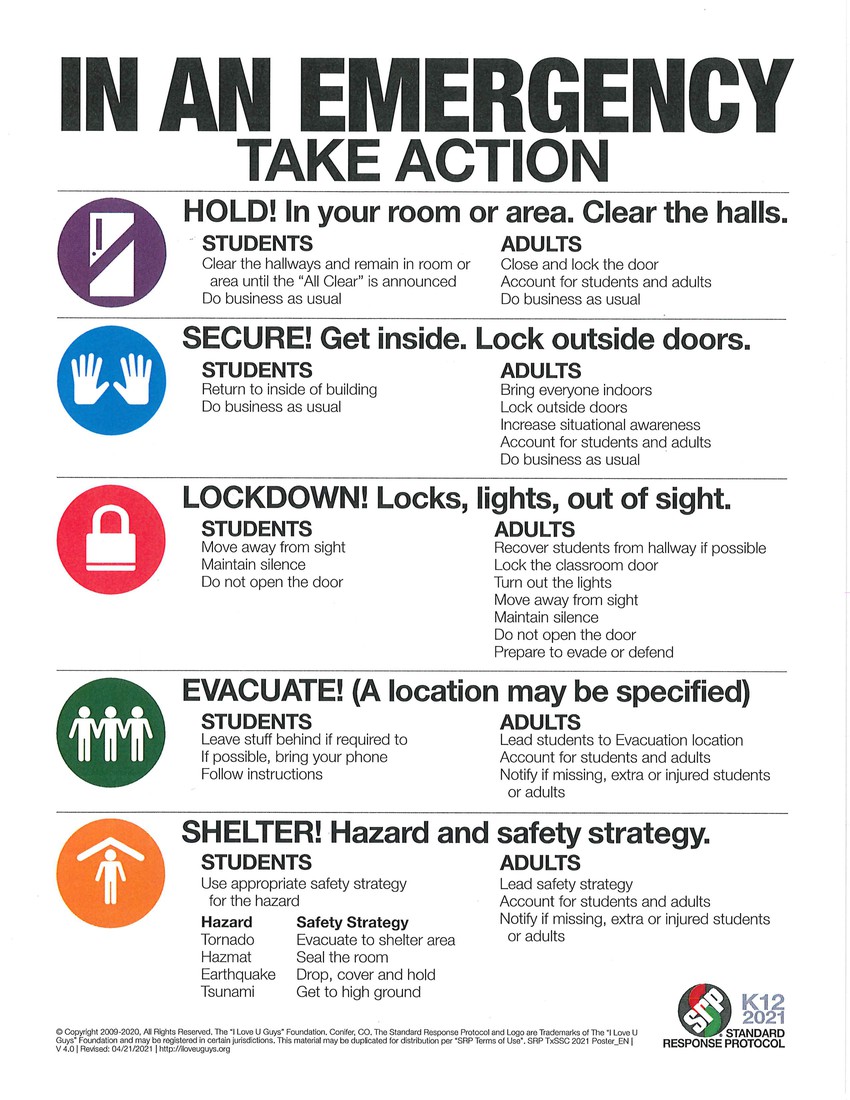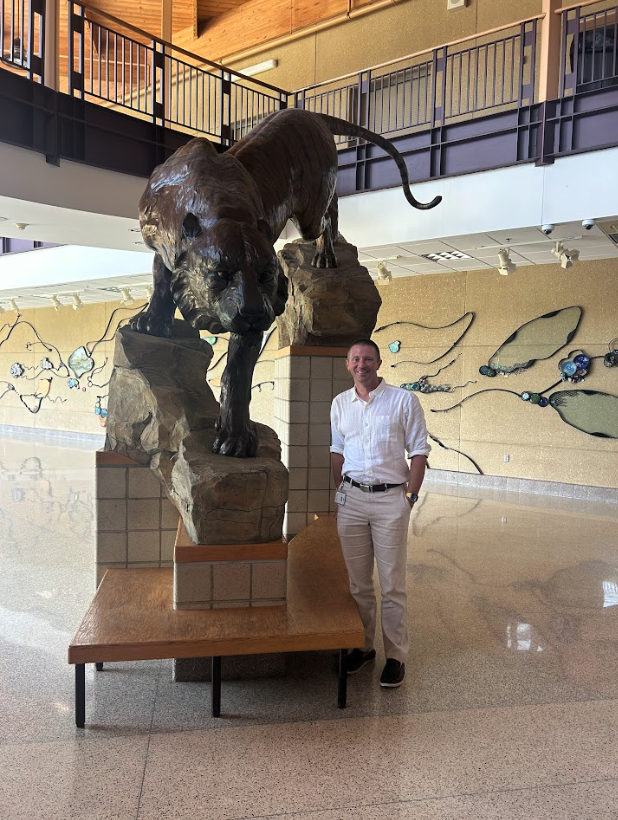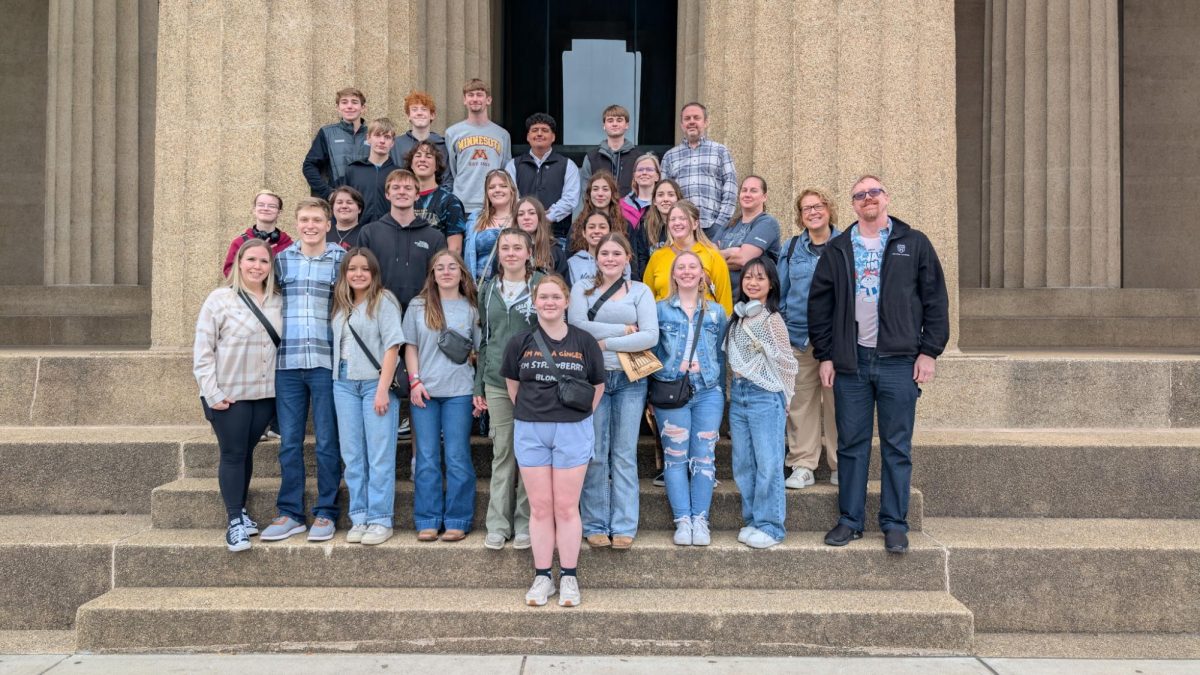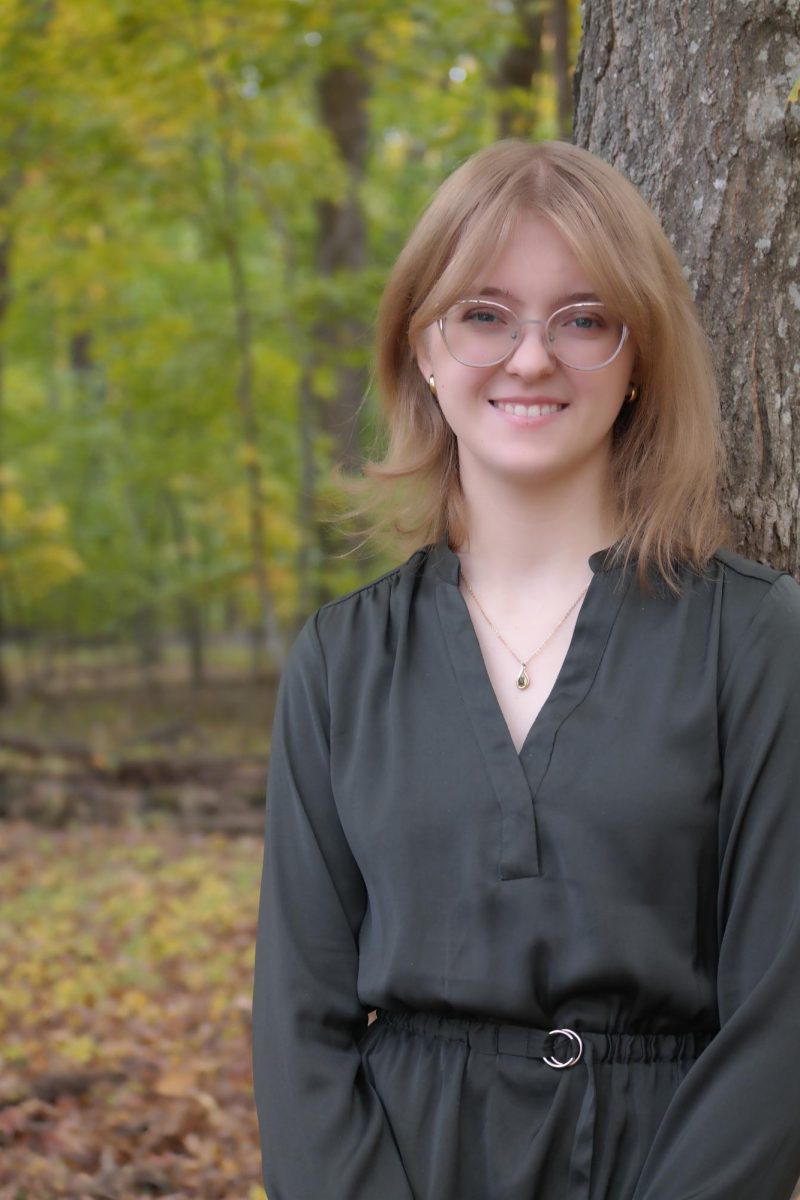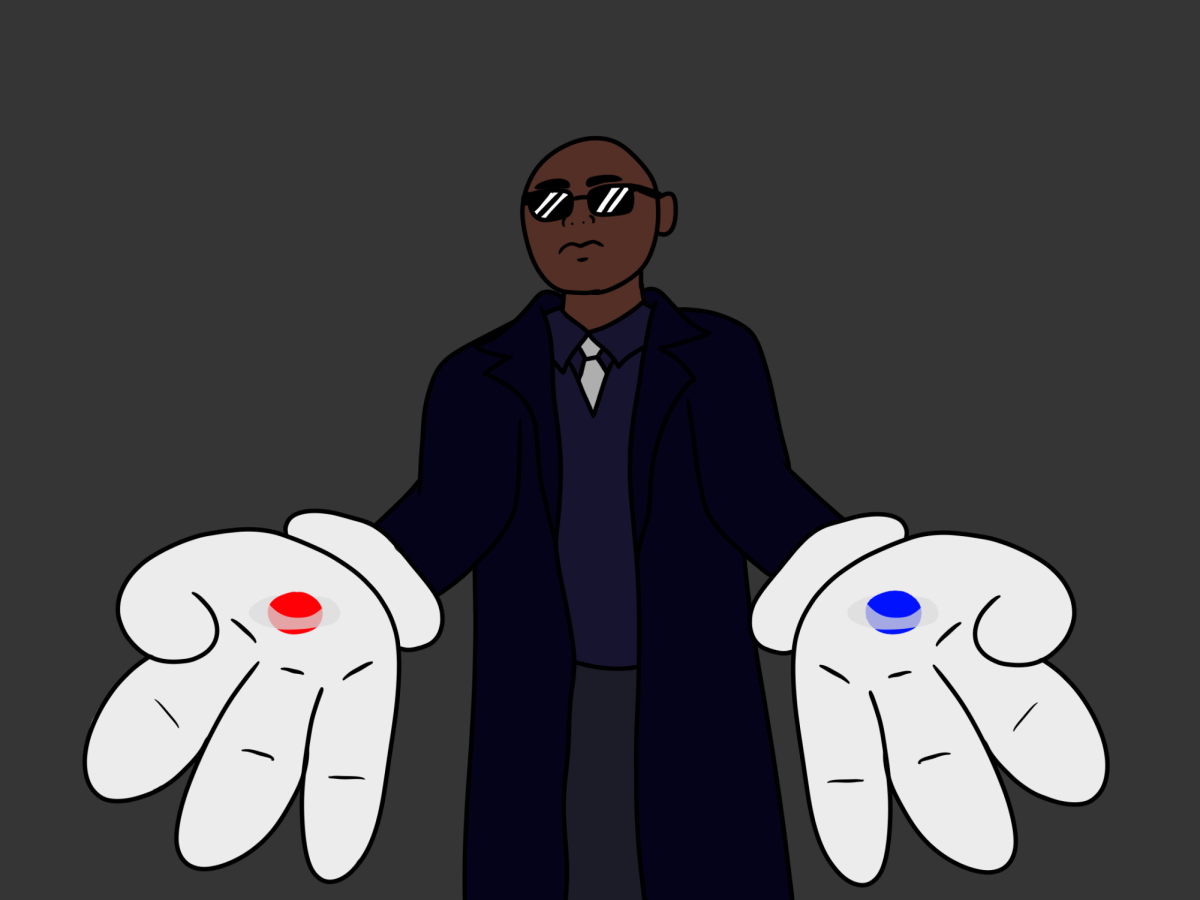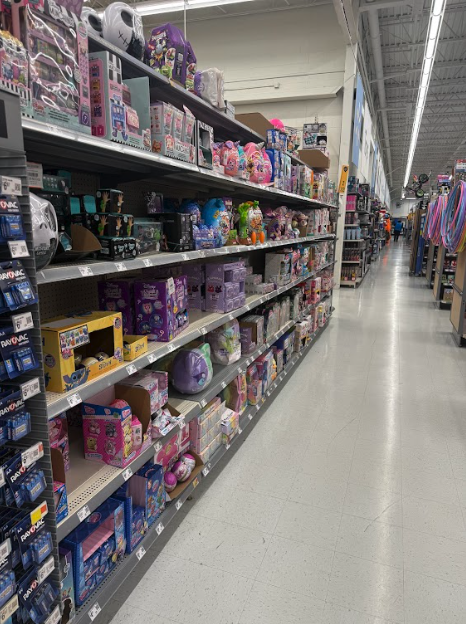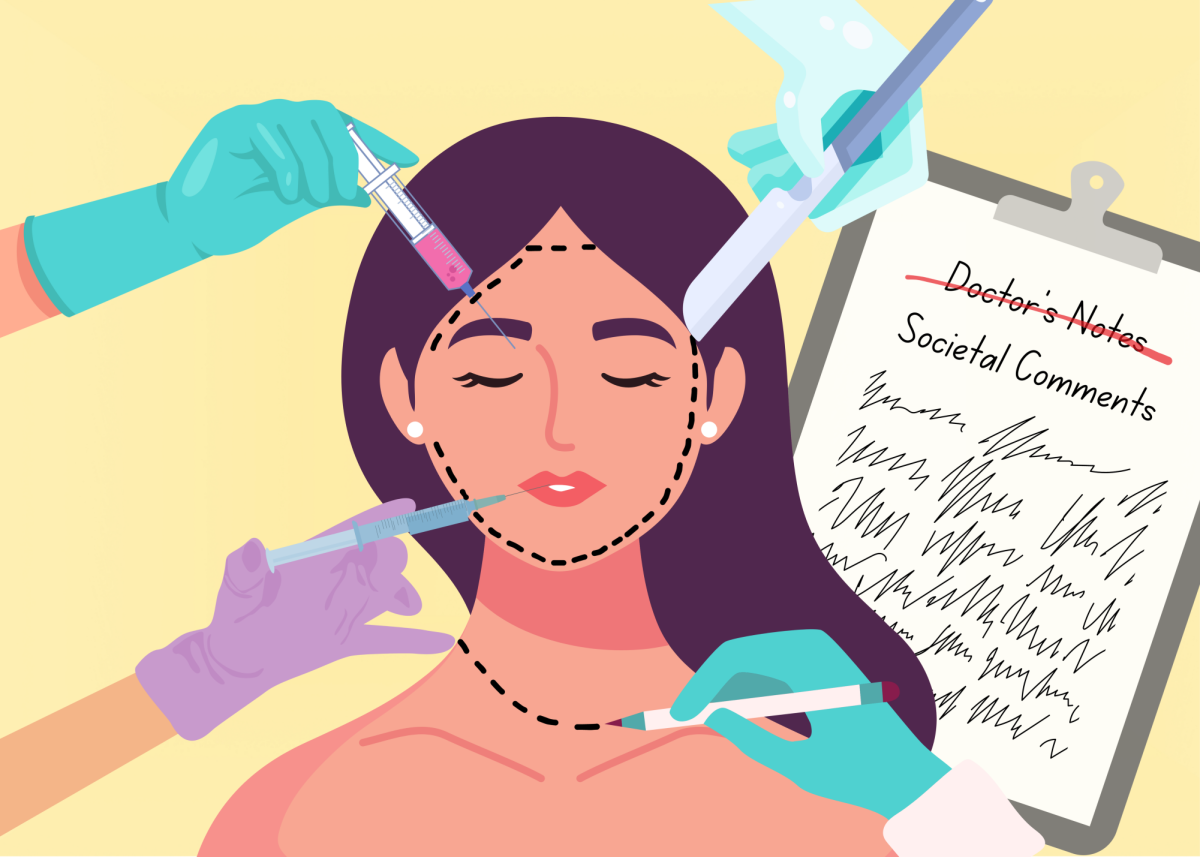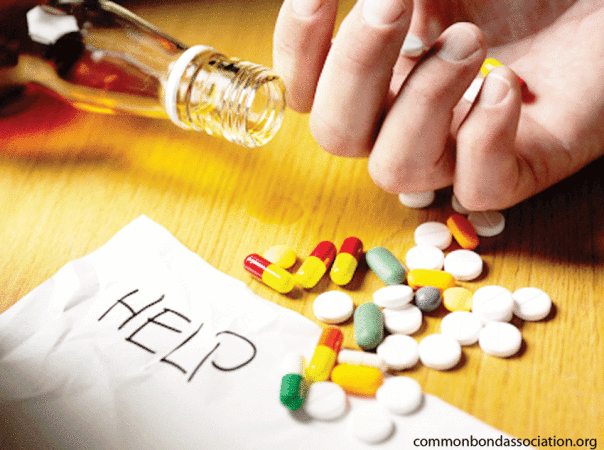Dysfunctional home life and no friends at school. Screaming for help, but no one quite hears you. Falling behind with grades, and feeling like you’ll never amount to anything. You just want an outlet. And that outlet becomes something that would eventually destroy everything in your life.
Drug addiction.
This scenario is good representation of what happens on a day-to-day basis. Teens and genders of all ages strive for acceptance, and an outlet to feel welcomed by. And during their journey of looking for that missing piece they abuse drugs to fill that missing spot.
“A number of things can lead to addiction,” said Jenine Koziolek, Outreach Specialist at Albert Lea’s Fountain Center. “Like a family history of addiction, underline issues like ADHD and depression that never got taken care of, and factors like nature versus nurture.”
Some people are more prone to suffer from drug and alcohol addiction compared to others. If an individual has a family history of drug and/or alcohol abuse they are eight times more likely to develop an addiction in comparison to an individual without the family history.
The prevention of drug and alcohol addiction is all about feeling accepted by something. Feeling wanted, cared about, and loved by your surroundings.
“Prevention goes back to the factors that lead to addiction,” Koziolek said “It’s all about involvement, and being accepted into a loving and caring place.”
Early on in addiction warning signs include mood swings, erratic behavior, loss of interest in what used to be important, and dramatic changes in grades, friends, and social life.
“You really don’t know if these are warning sides of addiction,” said Jenni Braaten, Albert Lea High School social worker. “Or just usual teen behavior.”
The most common treatment model used for addiction is called the “12 Steps”. The twelve step program is a set of guiding principles that an individual will follow to ultimately reach serenity, and sobriety. The twelve steps are used by over 200 self-known organizations, often known as fellow-ships. A fellow-ship is gathering including recovered addicts. During these meetings they share about their roads to recovery, support one another, and continue to practice the 12 step program.
Drug addiction and mental illness often co-occur. According to Science Daily, two to five of every 10 people with anxiety, or depression, and every four to eight of every 10 people with schizophrenia, bipolar disorder, or antisocial personality, have some type of addiction.
“The most you can do for someone with a drug problem is talk to them let them know how you’re affected.” Braaten said. “You can’t help someone that doesn’t want to be helped.”

![“This [photo] is basically the same area,” said science teacher Todd Mikkelsen. “So that [the cover photo] was my photo at dusk. Here it is at night time and there’s something jetting up out of the ground. So it’s the same location, different dates, two different cameras picked up an anomaly in the same region.”](https://www.ahlahasa.com/wp-content/uploads/2025/09/Ghost-Cover-1200x901.png)
